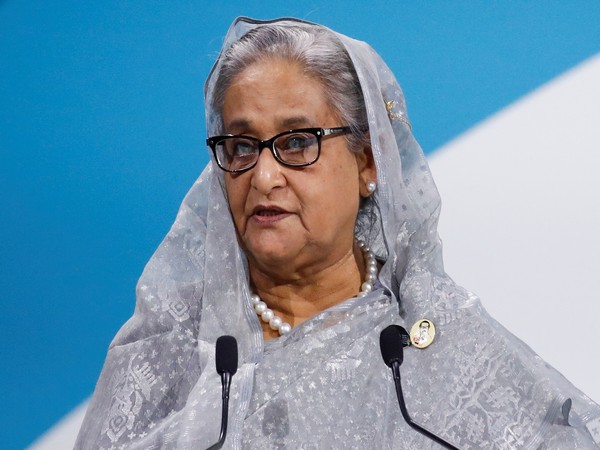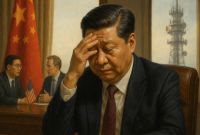Bangladesh Risks Losing Lifelines as New Leadership Ignores Hasina's Legacy

In a dramatic shift, Bangladesh's new leadership appears to be disregarding the achievements of former Prime Minister Sheikh Hasina's 15-year rule (2008-2024). This stance, aimed at erasing the past, has plunged the nation into political turmoil, potentially leading to a cycle of sustained unrest and underdevelopment. The country risks falling into an anarchy trap, where low investments and instability could hamper long-term economic growth.
Between 1972 and 1991, under predominantly military rule, Bangladesh's GDP grew fivefold from $6 billion to $31 billion. Despite this, the nation remained one of the poorest globally, benefiting from a low base. The advent of democratic rule in 1991 saw GDP increase by 74% to $54 billion by 2001. The next decade witnessed a more than doubling of GDP to $129 billion, and by 2021, the economy expanded threefold to $416 billion. This economic boom significantly improved living standards, particularly in reducing child labour, which declined sharply from 2006 onwards.
Hasina's tenure was marked by strategic decisions that propelled this growth. After assuming office in 2009 amid a global financial meltdown, she prioritised normalising relations with India. This relationship was pivotal, with India extending a $1 billion credit line in 2010 to revamp Bangladesh's infrastructure—the largest support the country had ever received. Additionally, India eliminated tariffs on Bangladeshi imports and extended cooperation across various sectors, including defence, agriculture, and healthcare.
India's support helped Bangladesh explore new markets for its ready-made garments (RMG) industry, with exports to India surging from $357 million in 2010 to over $1.8 billion in recent years. This partnership was especially critical during global crises like the COVID-19 pandemic when Indian trucks and trains kept essential goods flowing into Bangladesh, and India provided the first batch of vaccines.
However, the current leadership's efforts to dismiss Hasina's legacy threaten these vital ties. Bangladesh's economic stability is closely tied to its cooperation with India, which supplies 15-20% of the country's electricity. With an outstanding $800 million debt to an Indian supplier, any conflict with India could have devastating consequences for Bangladesh's economy.
While India was not the sole factor in Bangladesh's success, its support catalysed further international aid, including significant infrastructure investments from China and the Asian Development Bank. These developments, such as the completion of the Padma Bridge, have been transformative for Bangladesh.
As Bangladesh's new government continues to reject the past, it risks snapping critical lifelines, particularly in energy supply, that could jeopardise the nation's hard-won progress.




![From Kathmandu to the World: How Excel Students Are Winning Big [Admission Open]](https://nepalaaja.com/img/70194/medium/excel-college-info-eng-nep-2342.jpg)
